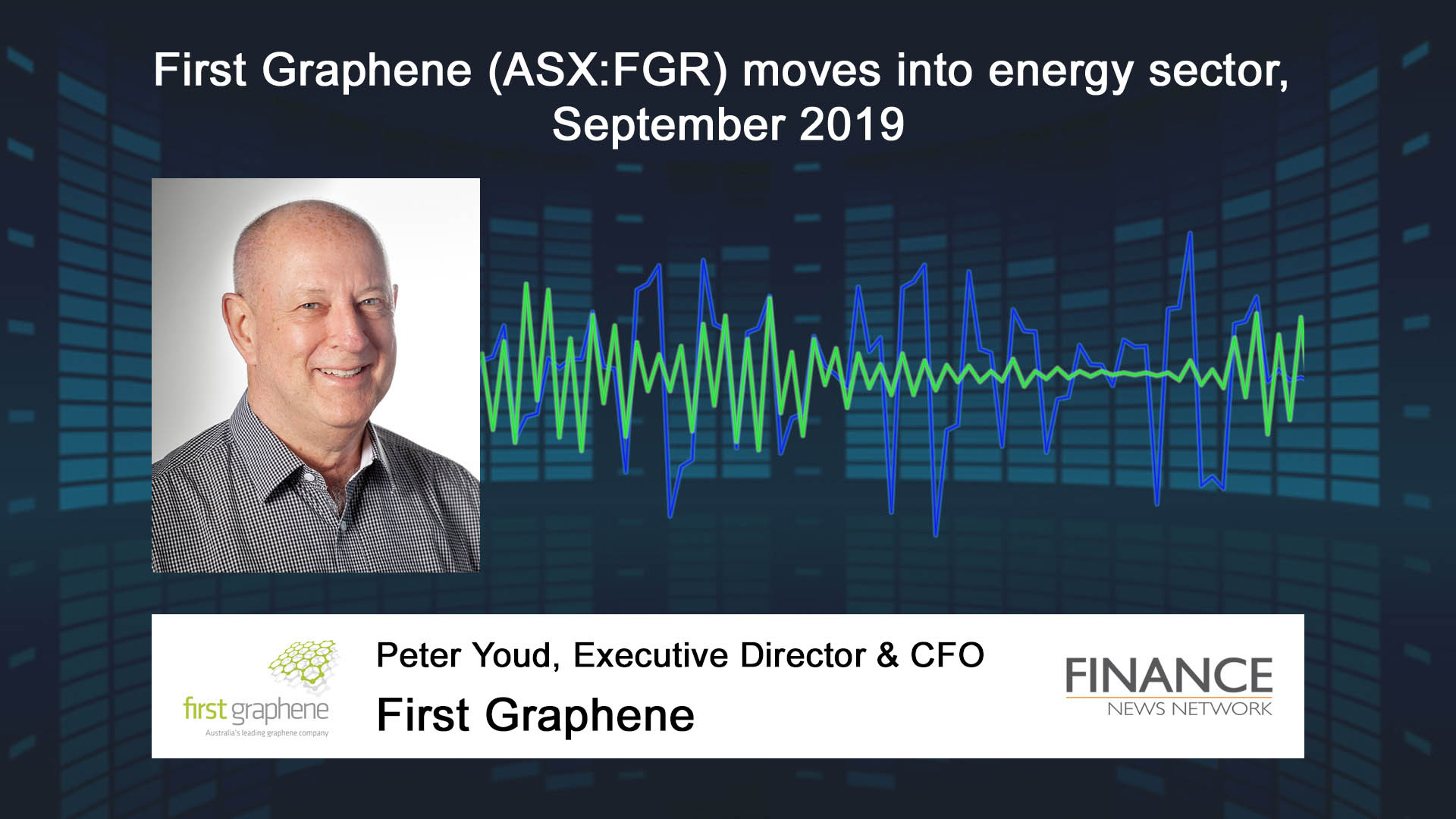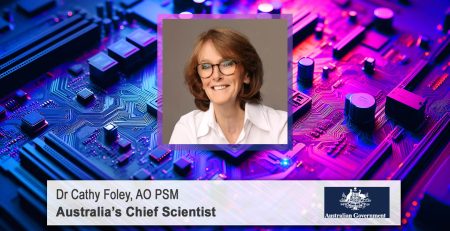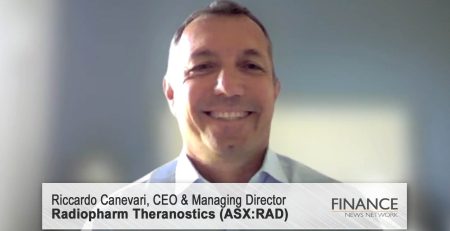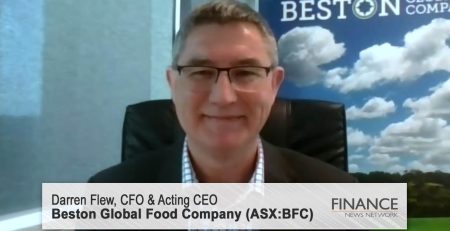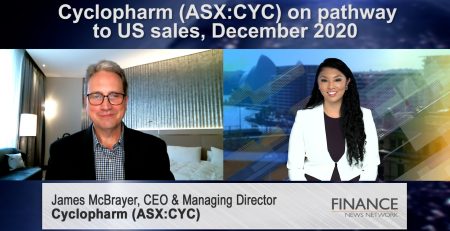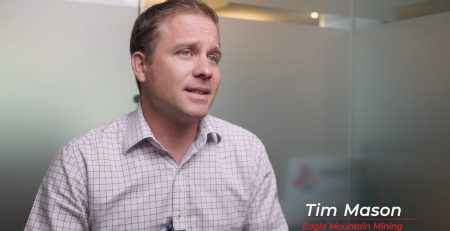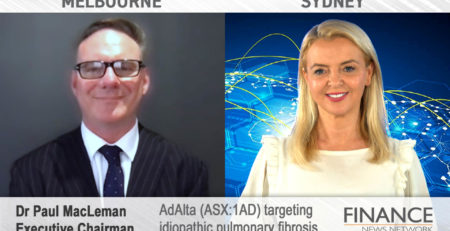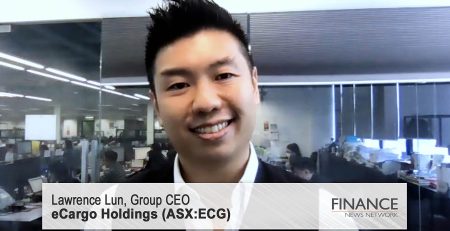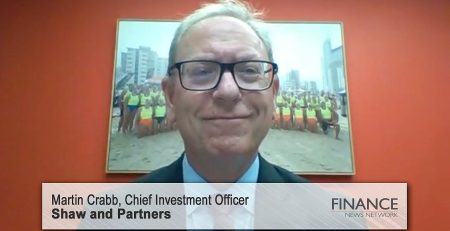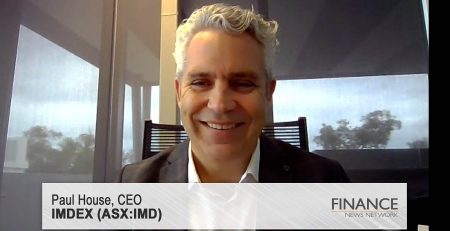First Graphene (ASX:FGR) moves into energy sector
First Graphene Limited (ASX:FGR) Executive Director and CFO, Peter Young talks about the company's worldwide licensing agreement with the University of Manchester for its technology used in supercapacitors.
Rachael Jones: Hello. I'm Rachael Jones for the Finance News Network. Joining me from First Graphene (ASX:FGR) is Executive Director Peter Youd.
Peter, welcome back to FNN.
Peter Youd: Thanks, Rachael. Pleasure to be speaking with you again.
Rachael Jones: Now, Peter, First Graphene produces graphene to improve performance of a range of products. How's progress?
Peter Youd: Progress in 2019 has been extraordinary, Rachael. As previously announced, we are both REACH and NICNAS accredited, making us the only graphene company permitted to sell in both Australia and the UK and EU. Our PureGRAPH range of graphene powder has been well accepted, and we have a number of groups approach the company to develop applications with them.
For example, in safety footwear, we have manufactured boots with Steel Blue, which is Australia's largest safety boot manufacturer.
Dispersing graphene into a thermoplastic polyurethane, or TPU, has been a challenge to graphene companies, and we've successfully completed the exercise.
In rubbers, we have contracts to supply tonnage quantities into the mining sector with newGen. NewGen, the mining services company, based here in Western Australia and services Western Australia, has customers such as BHP Billiton (ASX:BHP), Rio Tinto (ASX:RIO) and Roy Hill. And we're also working with customers in composite strengthening, concrete strengthening and fire-retardant materials.
Rachael Jones: Thanks, Peter. Now to your announcement this week regarding energy storage materials. What does this involve?
Peter Youd: Well, the patented technology developed by the University of Manchester is currently in a laboratory scale. We've obtained a global licence to scale up and commercialise this technology.
In executing this licence agreement with FGR, the University of Manchester recognised our current expertise in electrochemical exfoliation and the ability to scale and commercialise their existing invention.
Rachael Jones: So what is exactly planned?
Peter Youd: While work will be conducted at the GEIC, which is the Graphene Engineering Innovation Centre at the University of Manchester, some of the initial scale-up will be carried out at our Henderson facility, where we have proven know-how and pilot-scale equipment.
And as your listeners may recall, FGR developed its current electrochemical process in a 250 litre prototype cell in Henderson, and we will be using that for initial manufacturing trials.
Rachael Jones: Thanks, Peter. And can you tell us about the size of the market?
Peter Youd: The forecast is that it will reach about AU$3.1 billion by 2022 for the supercapacitor device market, and it's expected to grow significantly over those next three to five years, and high capacitance materials will be a significant part of that market.
By scaling this new process, FGR will be in a position to take advantage of these emerging markets, which are driven by the need for clean energy.
FGR is also working at the GEIC on novel routes to create green graphene oxide to address the need for high-quality graphene oxide, which is required for growing markets in items such as water filtration.
Rachael Jones: And Peter, what can you tell us about the science and the manufacturing process?
Peter Youd: Well, this process enables us to manufacture metal oxide decorated graphene materials, which are made directly from graphite in an altered chemical cell. The products will be porous materials with high capacitance, making them ideal for supercapacitors.
The key advantage for FGR is the manufacturing process is very similar to our existing 100 ton per year graphene plant at Henderson.
Rachael Jones: And just finally, Peter, is there anything else that you'd like to add?
Peter Youd: Well, FGR's Australian and UK operations are very busy at the moment. With the launch of our new website in July and exhibitions at well-attended shows such as the recent Composites Europe event, we have multiple leads in the rubber and composites sector.
We are finding that having proven production capacity and a good-quality application engineering to support customer adoption are vital elements in our product offering.
And we see this as an exciting time for the growth of the company and a positive inflection point for the global graphene industry.
Rachael Jones: Peter Youd, thanks for the update.
Peter Youd: Thank you, Rachel. It was my pleasure to speak with you.
Ends
Copyright 2019 – Finance News Network
Source: Finance News Network

